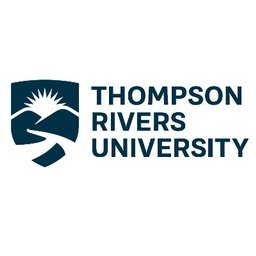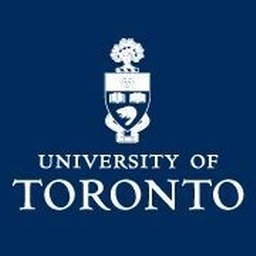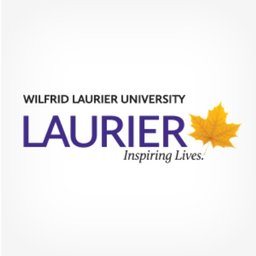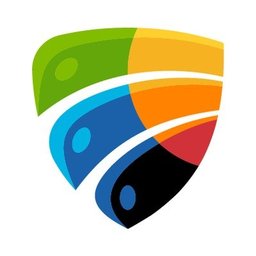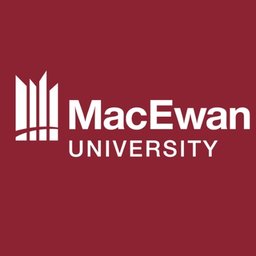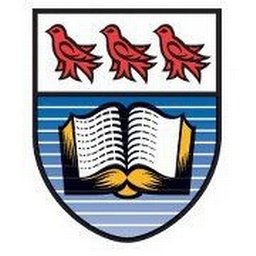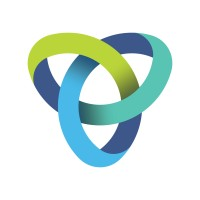The School of Social Work and Human Service (Faculty of Education and Social Work) at Thompson Rivers University invites applications for a sessional lecturer to teach the course SOCW 4610: Social Work Practice with Groups (3.0.0) in Fall 2025. This course is delivered face to face, in person at the Kamloops campus.
SOCW 4610 Calendar Description
Students are introduced to the historical development of the use of groups in social work practice, and examine the various theoretical approaches to group work including anti-oppression, feminist, and Indigenous perspectives. Students examine the use of groups as vehicles for treatment, task accomplishment, self-help, mutual aid, community intervention, peer supervision, and professional association. This course provides an opportunity to understand the stages of group development, and to practice skills related to group processes. Students participate in structured group experiences.
Educational Objectives/Learning Outcomes
1. Describe the historical development of group work within the profession of social work
2. Describe various theoretical approaches for social work practice with groups
3. Identify and describe the application of specific types of groups, stages of group development, group dynamics, leadership, decision-making, and group process
4. Analyze ethical and professional issues in group work
5. Develop a proposal for a group in the context of a community agency
6. Demonstrate a beginning ability to provide leadership and facilitation skills within a group context
7. Identify the appropriate use of self in group work
ABOUT THOMPSON RIVERS UNIVERSITY
Thompson Rivers University (TRU) campuses are on the traditional lands of the Tk'emlúps te Secwépemc (Kamloops campus) and the T’exelc (Williams Lake campus) within Secwépemc'ulucw, the traditional and unceded territory of the Secwépemc people. Our region also extends into the territories of the Stat’imc, Nlaka’pamux, Nuxalk, Tsilh’qotin, Dakelh, and Métis peoples.
For over 50 years Thompson Rivers University has taken pride in providing an excellent education to students with a variety of backgrounds and perspectives who are at various stages of their learning journey. TRU strives to become the University of Choice for B.C.'s Indigenous students. Offering both on-campus, regional and online programs, TRU attracts a significant Indigenous student body as well as students and faculty from across Canada and internationally. In Kamloops (from the Secwepemc word for this area: Tk'emlups “meeting of the waters”), the main campus overlooks the junction of the North and South Thompson Rivers, from which the university gets its name.
TRU is a comprehensive, learner-centered, environmentally responsible institution that serves its regional, national, and international learners and their communities through high quality and flexible education, training, research and scholarship. From traditional academics to trades, from certificates to graduate degrees, TRU offers students choice from over 140 on-campus programs and 50 Open Learning programs. More than 28,500 students study on campuses in Kamloops and Williams Lake, or in distance or online courses and programs through Open Learning. Research, creation and innovation thrive in TRU’s open, flexible learning environment. TRU gained Platinum and the highest over-all sustainability score in the prestigious and globally recognized AASHE STARS report.
TRU is the 4th largest university in British Columbia, is a member of the Research Universities Council of British Columbia, and has its main campus situated in beautiful Kamloops. The Kamloops campus is a midsize, modern, comprehensive and stunning campus. Kamloops is a vibrant city of 100,000 located within just three hours’ driving distance from Vancouver or 45 minutes by air. Kamloops offers wonderful beauty, weather, amenities, culture, friendliness, and affordability.
To learn more about living in Kamloops and about Thompson Rivers University please visit our Web Site: Living in Kamloops and working at the TRU.
THE TRU SCHOOL OF SOCIAL WORK AND HUMAN SERVICE
The School of Social Work and Human Service offers a wide range of academic programs to approximately 250 students on two campuses and more than 100 students through Open Learning. Programs include: Bachelor of Social Work Degree, the Human Service Diploma, Education Assistant and Community Support Certificate (offered at both the Kamloops and Williams Lake campuses), the Social Service Worker Certificate (offered through Open Learning), and the Human Service Diploma (offered through Open Learning). The School also has plans to offer a Master of Social Work degree.
In accordance with the university's equity plan members of the following designated groups: Indigenous peoples, persons with disabilities, women, and members of visible minorities are encouraged to apply and self-identify.
Education and Practice Experience:
- A Master’s degree in Social Work is required, while an earned Doctorate in a relevant field in addition to a graduate credential in Social Work is preferred.
- Successful teaching experience in post-secondary institutions preferred.
- A minimum of five years’ professional experience working in a social work capacity with groups is required.
- An ability to demonstrate experience integrating Indigenous knowledge and teaching methods (TRC CA 62) is required.
- Proven skills in building student capacity for intercultural understanding, empathy, and mutual respect (TRC CA 63) is required.
- Teaching excellence, including developing culturally appropriate curricula (TRC CA 10) is required.
- Candidates must provide evidence of their ability to commit to creating time and space for relationships based on respect as human beings, supporting and embracing differences with kindness, love, and respect (NIMMIWG, 15.7).
